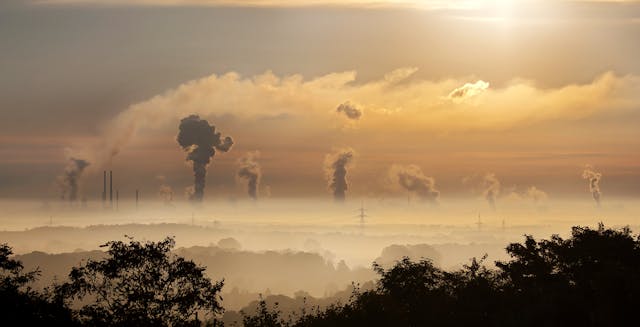City introduces stringent measures to combat air quality crisis, with hefty fines for violators
As Delhi grapples with dangerously high levels of air pollution, the city government has announced a ban on the use of BS-III petrol and BS-IV diesel vehicles in an effort to curb the ongoing air quality crisis. The decision, which comes in response to a “severe” air quality index (AQI) in the capital, aims to tackle the city’s pollution woes and improve the health of residents.
Under the new regulations, vehicles that do not meet the required Bharat Stage (BS) emission standards will be barred from operating on Delhi’s roads. Specifically, BS-III petrol vehicles and BS-IV diesel four-wheelers are now prohibited from entering the city, as they are considered major contributors to the rising levels of harmful particulate matter and nitrogen oxides.
The city government has made it clear that violators will face heavy penalties, with fines set at ₹20,000 for each offence. This move is part of a larger strategy to reduce vehicular emissions, which are one of the primary causes of Delhi’s air pollution, especially during the colder months when pollution tends to worsen.
Embed from Getty ImagesThe decision follows a period of sustained high pollution levels in the city, which has led to health advisories urging people, particularly vulnerable groups such as children, the elderly, and those with pre-existing health conditions, to avoid outdoor activities. Hospitals have reported a surge in respiratory issues and other pollution-related illnesses, further highlighting the need for urgent action.
The Delhi government has taken several steps to tackle the city’s pollution crisis in recent years, including the introduction of odd-even schemes to limit the number of vehicles on the roads and promoting electric vehicles (EVs) as a cleaner alternative. However, the city’s pollution levels have remained persistently high, mainly due to industrial emissions, construction dust, and stubble burning in surrounding states.
Environmental experts have lauded the ban on older vehicles as a necessary step, but some have raised concerns about its long-term effectiveness. They argue that more comprehensive measures, such as stricter emissions control from industries, better waste management, and greater investment in public transportation, are needed to combat the root causes of Delhi’s air pollution.
The government’s move has been met with mixed reactions from the public, with some praising the initiative while others express concern over the financial burden it may impose on vehicle owners. Many vehicle owners with BS-III or BS-IV models are now looking at options to either upgrade or scrap their vehicles, but the financial cost of doing so remains a significant obstacle for some.
As the situation in Delhi continues to worsen, the authorities have vowed to step up efforts to combat air pollution. This includes enforcing stricter regulations on industrial emissions and increasing the number of air quality monitoring stations across the city. The long-term goal is to reduce the AQI to levels that are deemed safe by international health standards, but for now, the ban on older vehicles represents one of the most immediate and tangible actions the government can take.
